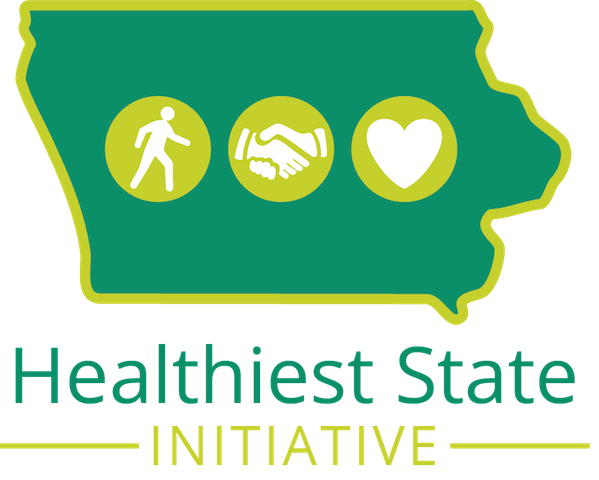Tegan’s Story
Content warning: Self-harm
Tegan Kraklio was a teenager when she first sought help for mental illness. She was experiencing depression, anxiety and panic attacks which became more severe when she transferred to a public high school after being homeschooled during her younger years.
Her parents tried to help by taking Tegan to see doctors and starting medications. However, when Tegan started self-injuring more habitually, her parents became desperate to help their daughter. When she was 17, Tegan was sent from her home in Iowa to live at a residential ranch in Arkansas for 13 months.
“It was really a dark time in my life surviving that,” said Tegan. She said she and others at the ranch experienced severe medical, psychological, financial and spiritual abuse while living there. “Instead of helping, it was opposite of that.”
In the years following her time at the ranch, Tegan struggled through jobs and juggled health insurance so she could maintain her mental health. Her pregnancies and post-partum periods after the birth of her three children were especially difficult. Two of her children were born premature which led to additional stress and long periods of time in Neonatal Intensive Care (NICU).
“The depression kept growing and getting worse. I kept getting overwhelmed. I didn’t feel like I had a lot of support,” said Tegan. “I was really scared that I could hurt my kids because the post-partum depression was so severe.”
Tegan reached out for help and at the time felt misunderstood and judged for what she was experiencing, but realized later she’d done the right thing. Postpartum psychosis is the most severe form of postpartum psychiatric illness, according to the MGH Center for Women’s Mental Health. It occurs in approximately 1-2 per 1,000 women after childbirth and delusional beliefs – including hallucinations that instruct the mother to harm herself or her infant – are common.
“We’re not human without the full range of emotions. All emotions, even the ugly ones, should be honored – doing this honors a person’s humanity. That’s the most important thing that stigma destroys. The best way to fight stigma is to see our humanity.”
Tegan continued to press her doctors for better treatment options for her depression and anxiety. She has tried Electroconvulsive Therapy in addition to more natural options including special diets and exercise plans. However, despite her best efforts, Tegan struggled to find long-term relief from her symptoms.
Then, at the beginning of 2020, Tegan began seeing a new counselor who diagnosed her with Post-Traumatic Stress Disorder (PTSD). According to the National Institute of Mental Health, PTSD is a disorder that develops in some people who have experienced a shocking, scary, or dangerous event.
“I had been in the mental health community for a long time, but even I had an internalized stigma that PTSD was just for soldiers,” said Tegan. However, after learning more about the condition, “everything made sense.” In addition to the abuse she endured at the ranch, Tegan also experienced a sexual assault while in college.
The recent PTSD diagnosis has been a breakthrough in her mental health journey, Tegan said. She’s started Eye Movement Desensitization and Reprocessing (EMDR) therapy with her counselor and feels like she’s moving in a positive direction.
“(My counselor) helped me scrap my own stigma and start writing a new narrative about PTSD, what caused it and about myself,” said Tegan. “I feel seen and heard and then reassured that it’s not my fault, I didn’t cause this, and it’s helping me to deconstruct those negative beliefs.”
The transformational healing and breakthroughs she’s experienced in the past year with her counselor and EMDR therapy have also helped Tegan’s family members be more supportive of her mental health.
“My husband is more understanding. He couldn’t connect with me before because I didn’t even have words to explain what was going on. I didn’t know that I was living in a triggered state all the time, or how that was hurting those around me,” said Tegan. “Finally having some answers, being empowered in that way has had positive effects on our marriage.”
Tegan, now 31, lives in Wilton with her family. She’s a self-published author, stay-at-home mom, and mental health advocate. She’s passionate about breaking down the “lies of society” that hold up stigmas of all kinds – including against mental illness.
“It’s not in our heads, it’s in our brains,” said Tegan. “We’re not human without the full range of emotions. All emotions, even the ugly ones, should be honored – doing this honors a person’s humanity. That’s the most important thing that stigma destroys. The best way to fight stigma is to see our humanity.”



